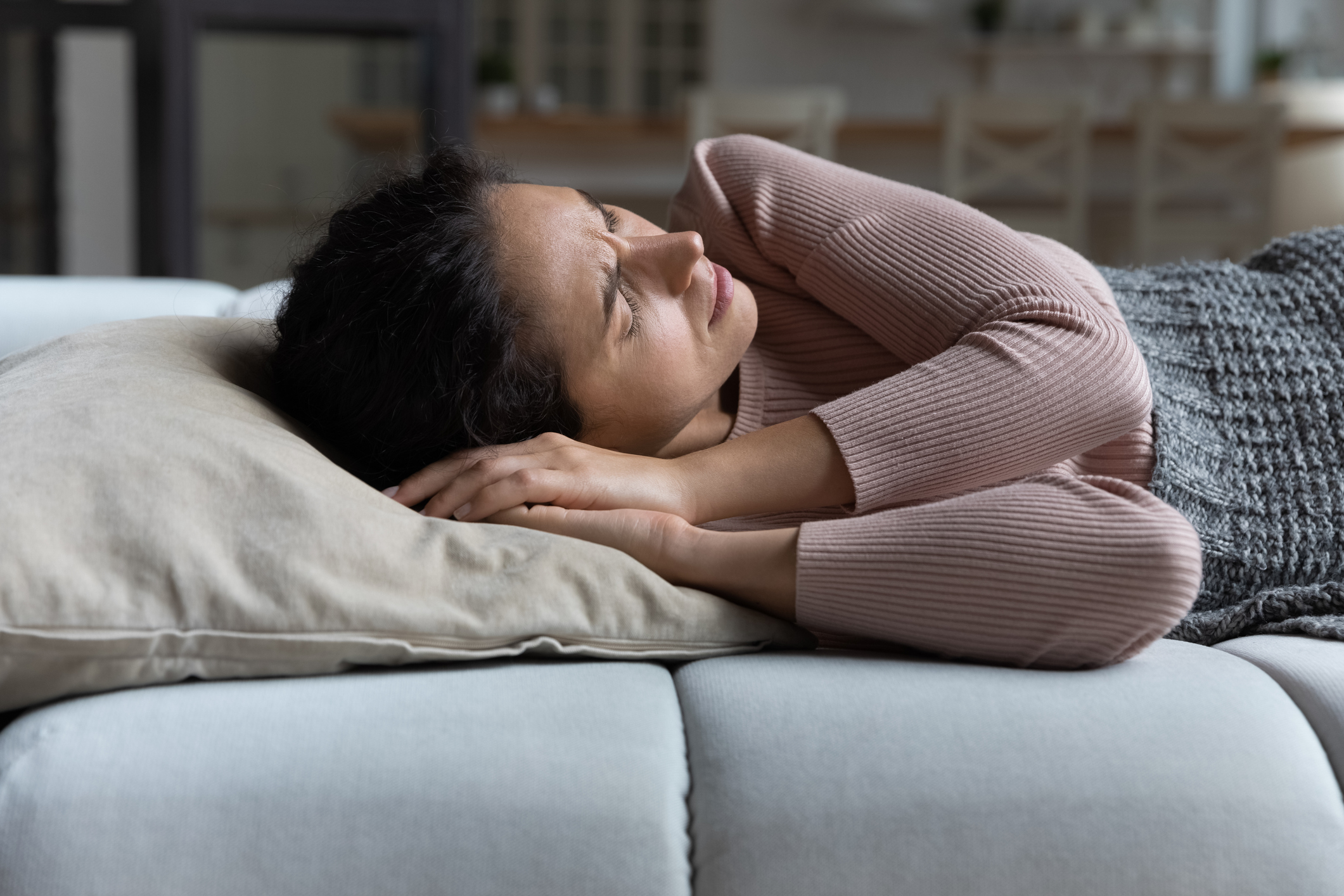

People who haven’t experienced migraine often think of it as “just a headache.” But that couldn’t be further from the truth. I remember one friend with migraine having nausea and sensitivity to light and sound that was so severe that she had to lock herself in a dark room for hours or even days at a time.
Many people with migraine also suffer from sleep disorders, including insomnia, trouble falling or staying asleep, poor sleep quality and excessive daytime sleepiness. During a migraine attack, they can also be woken from sleep or forced to have to sleep.
One team of researchers decided to explore whether migraine is what’s causing these sleep problems or vice-versa. And what they found is a bit of encouraging news for migraine sufferers…
Migraine could be brought on by lack of sleep
Researchers from the University of Arizona Health Sciences used preclinical mouse models to evaluate sleep disruption through electroencephalogram recordings and visual observations. Like humans, mice have cycles of deep sleep, REM sleep and light sleep.
What they found was different from what was previously believed about migraine. It’s true that when the mice were sleep-deprived, they were more likely to experience migraine-like pain. However, migraine-like pain did not disrupt their normal sleep patterns.
Principal investigator Dr. Frank Porreca, a professor at the University of Arizona College of Medicine – Tuscon, says the way sleep has been investigated in migraine patients in the past is through patient-reported information, which can be subjective.
“We quantitatively measured sleep in preclinical models and found that migraine-like pain does not influence sleep, but if you have disrupted sleep, your chances of having a migraine attack if you’re a migraine patient are much higher,” Porreca says.
Sleep hygiene is one solution
Porreca notes that sleep deprivation can happen for many reasons, including stress. However, for this study, the researchers ensured they were studying the effect of sleep, not stress, by giving mice novel objects to explore to keep them awake.
“Mice are compelled to explore novel objects. They just have to go and look,” Porreca says. “It reminds me of how teenagers are often sleep deprived because they’re on their phones. Anybody who studies sleep will tell you that from a sleep hygiene point of view, you don’t want any devices in your bedroom where you’re trying to sleep.”
The team recommends that people with migraine limit the use of electronic devices before bedtime and follow other sleep health tips to help reduce the likelihood of migraine attacks.
“Early morning is one of the most common times people experience migraine attacks,” Porreca says. “Improved sleep is critically important and probably would diminish the frequency of migraine attacks.”
It can also help to make sure your bedroom is dark, quiet and comfortable, and that you avoid eating, drinking or exercising too close to bedtime.
It’s also very important for people with migraine to do what they can to avoid known triggers like:
- Stress or anxiety
- Depression
- Hormones
- Weather changes
- Dietary factors (like caffeine and alcohol)
My colleague Dr. Adria Schmedthorst also has some more great tips for avoiding migraines. One of the most surprising to me was exercise. Yet it has proven to be just as effective as one common migraine medicine at preventing migraines. And exercise also helps with sleep, so added bonus there.
Sources:
Poor sleep linked to migraine attacks in new UArizona Health Sciences study — EurekAlert!
Unraveling the directional relationship of sleep and migraine-like pain — Brain Communication
Migraine Signs & Symptoms — American Migraine Foundation

